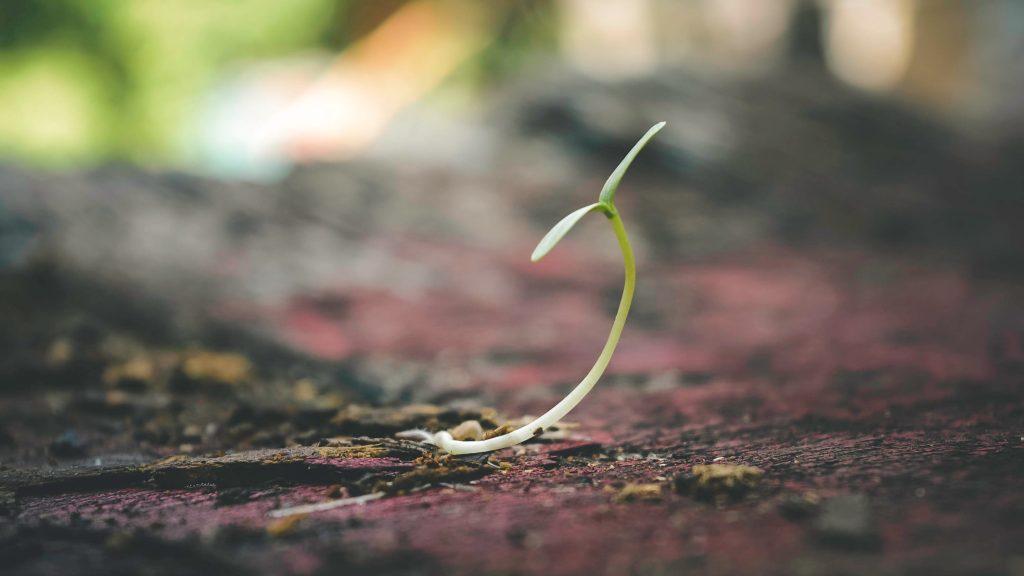Brussel sprouts are a nutritious and delicious addition to any garden. However, like any plant, they can benefit from having companion plants nearby. Companion planting is the practice of growing different plants together in order to maximize their growth and health. In this article, we will explore the world of brussel sprout companion plants, from why they are important to how to use them effectively.
The Benefits of Companion Planting for Brussel Sprouts
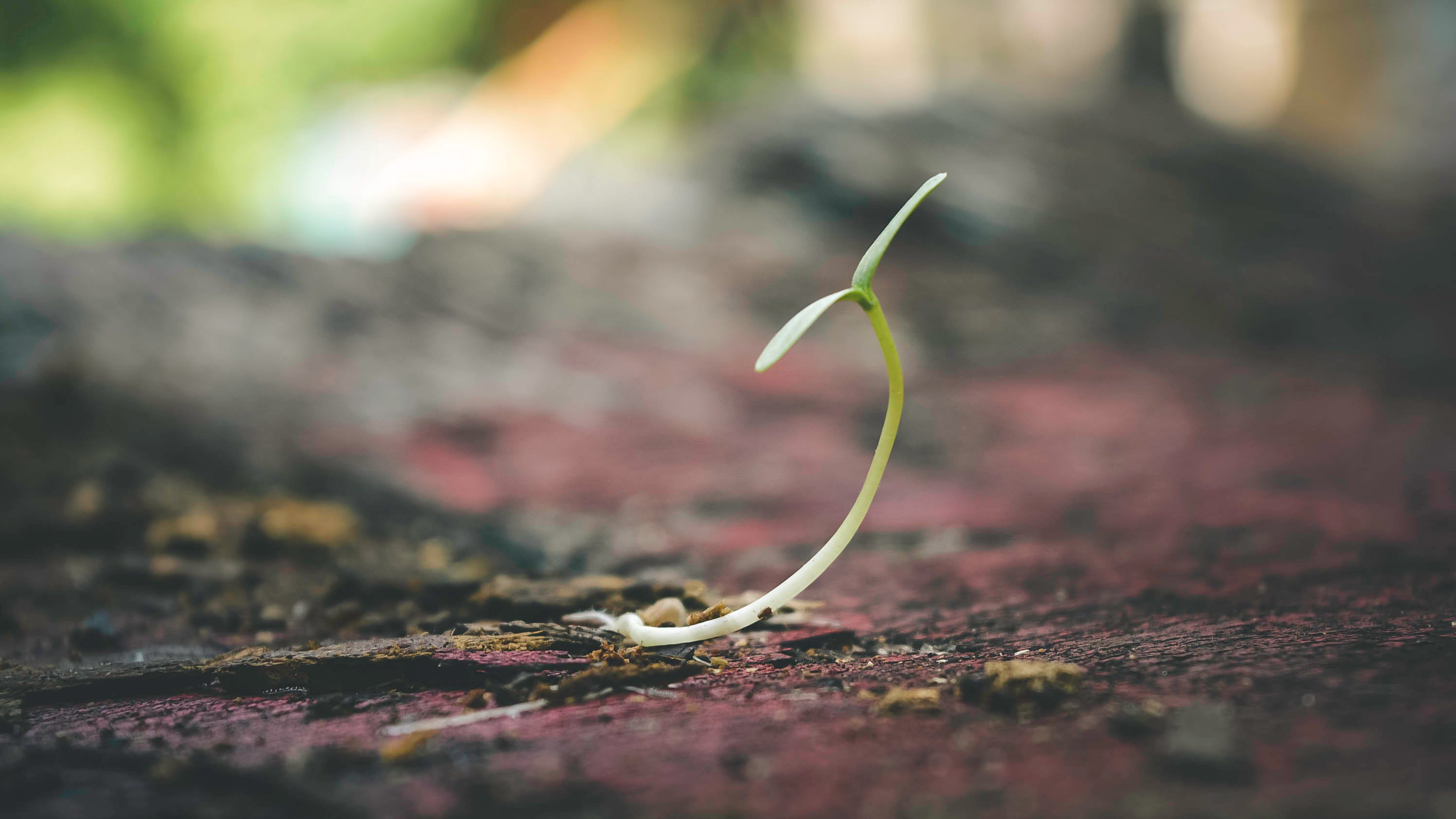
Companion planting has been used for centuries by farmers and gardeners alike. It not only helps to repel pests and attract beneficial insects, but also improves soil quality and overall plant health. When it comes to brussel sprouts, there are several benefits of using companion plants:
Pest Control
One of the main reasons for using companion plants with brussel sprouts is to control pests. Certain plants emit natural compounds that repel pests, making them perfect companions for vulnerable crops like brussel sprouts. For example, marigolds contain a natural compound called limonene, which deters many common garden pests such as aphids, whiteflies, and root knot nematodes.
Pollination
Some plants, such as herbs like thyme and oregano, attract pollinators like bees and butterflies. This is especially important for brussel sprouts, as they require cross-pollination in order to produce healthy and abundant harvests. By having companion plants that attract pollinators nearby, you can ensure a successful crop of brussel sprouts.
Soil Health
Certain plants have deep root systems that bring up nutrients from deeper layers of soil, making them excellent companions for shallow-rooted plants like brussel sprouts. For example, legumes like peas and beans have nitrogen-fixing bacteria in their roots, which help to add nitrogen to the soil, an essential nutrient for plant growth. By planting these companion plants near your brussel sprouts, you can improve the overall health and productivity of your garden.
How to Use Brussel Sprout Companion Plants
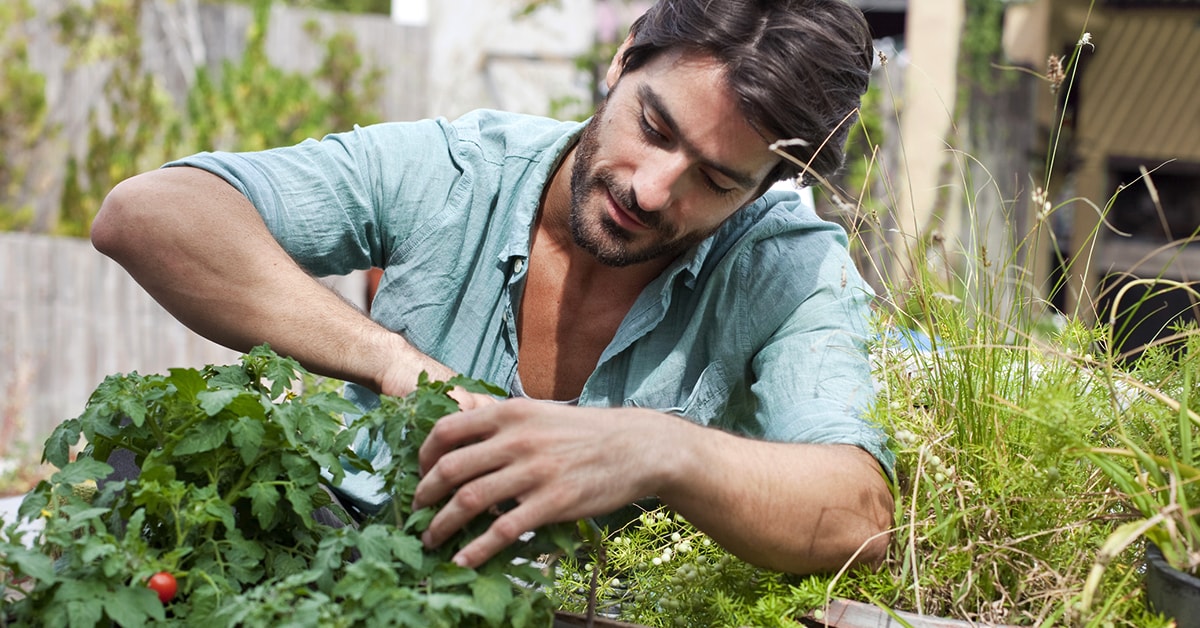
When it comes to choosing companion plants for your brussel sprouts, there are a few key things to keep in mind:
Plant Compatibility
Not all plants make good companions for brussel sprouts. Some plants may compete for resources or release chemicals that can inhibit growth. It is important to research the compatibility of potential companion plants before planting them together. For example, while beans are beneficial for adding nitrogen to the soil, they should not be planted near onions, as they can stunt their growth.
Planting Location
When incorporating companion plants into your garden, it’s important to consider the location of your plants. Some plants may require more sunlight or moisture than others, so it’s important to group plants with similar needs together. Additionally, if you’re using taller plants like sunflowers as companions for your brussel sprouts, make sure to plant them on the north side of your garden so they don’t shade your smaller crops.
Succession Planting
Brussel sprouts have a long growing season, which means that you have plenty of time to incorporate different companion plants throughout the growing process. Consider planting fast-growing plants such as radishes or lettuce between your brussel sprout rows. These will mature and be harvested before your brussel sprouts need the space, making the most of your garden’s real estate.
Examples of Brussel Sprout Companion Plants
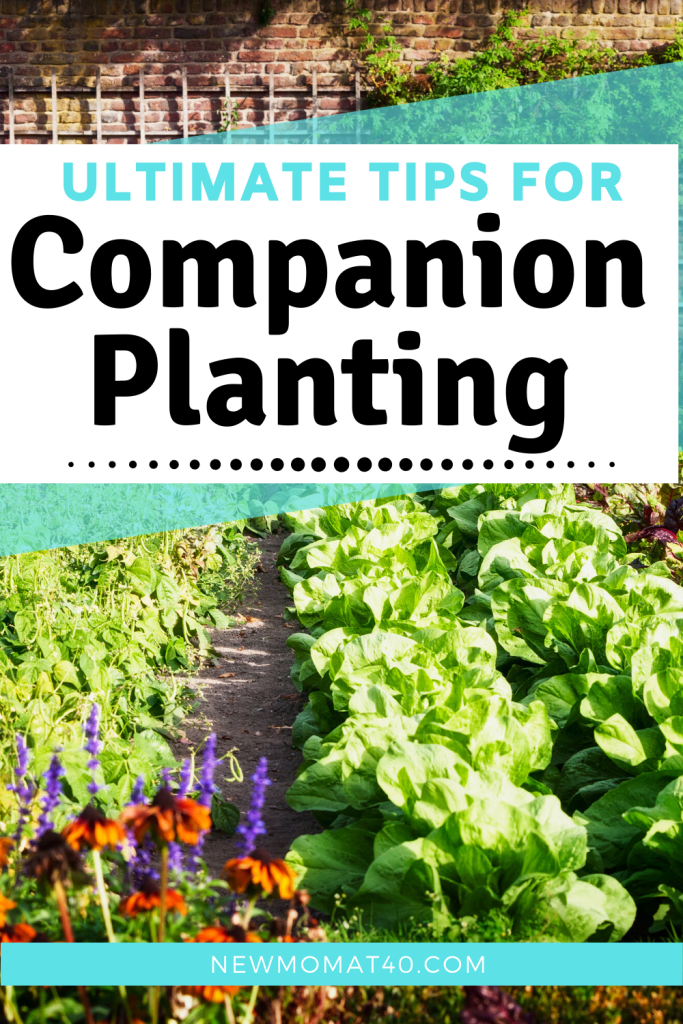
There are many plants that make good companions for brussel sprouts. Here are some examples and how they can benefit your garden:
Herbs
Herbs like thyme, oregano, and sage attract pollinators and repel pests, making them excellent companions for brussel sprouts. They also have shallow root systems that do not compete with the deep roots of brussel sprouts.
Flowers
Flowers such as marigolds, nasturtiums, and calendula are known for their ability to repel pests and attract beneficial insects. They also add a splash of color to your garden and can be used in cooking or as cut flowers.
Legumes
As mentioned before, legumes like beans and peas fix nitrogen in the soil, making them great companions for brussel sprouts. They also serve as living mulch, which helps to retain moisture in the soil.
Comparing Different Companion Plants for Brussel Sprouts
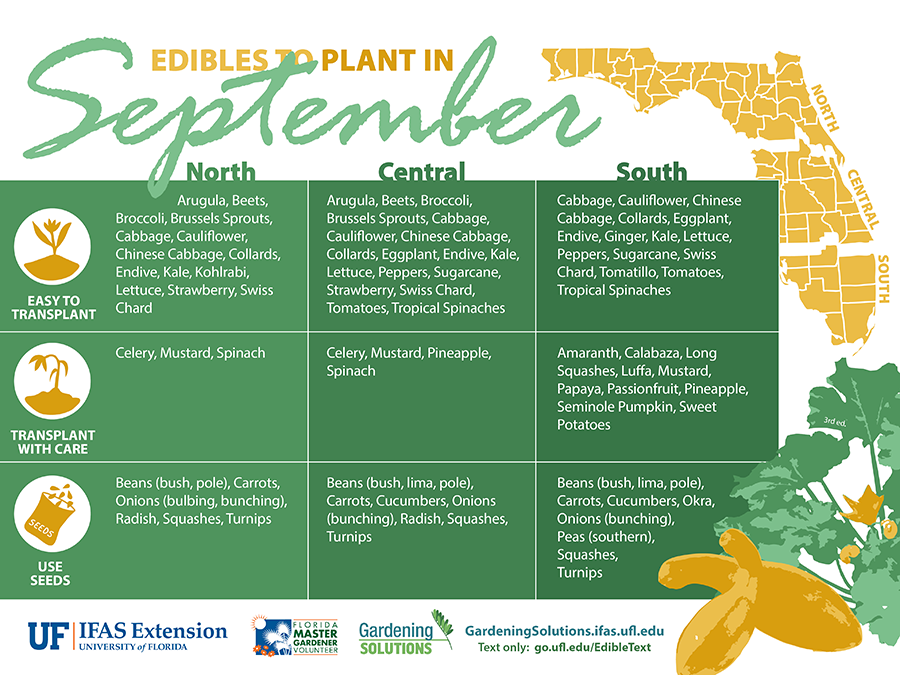
While there are many options for companion plants for brussel sprouts, some may be more effective than others. Here is a comparison of different types of companion plants:
Annual vs Perennial Plants
Annual plants need to be replanted every year, but they grow and mature quickly, making them perfect for succession planting. Perennial plants, on the other hand, come back year after year, providing long-term benefits to your garden.
Flower vs Vegetable Companion Plants
Flowers are not only visually appealing, but they also serve practical purposes in the garden, such as attracting pollinators and deterring pests. However, vegetable companion plants like legumes also provide valuable nutrients to the soil.
Repellent Plants vs Beneficial Insects
Some companion plants, such as marigolds, work to repel pests through their natural compounds. Others, like herbs, attract beneficial insects that prey on pests. Both methods can be effective, so consider using a combination of both types of companion plants for optimal results.
Tips and Tricks for Using Brussel Sprout Companion Plants
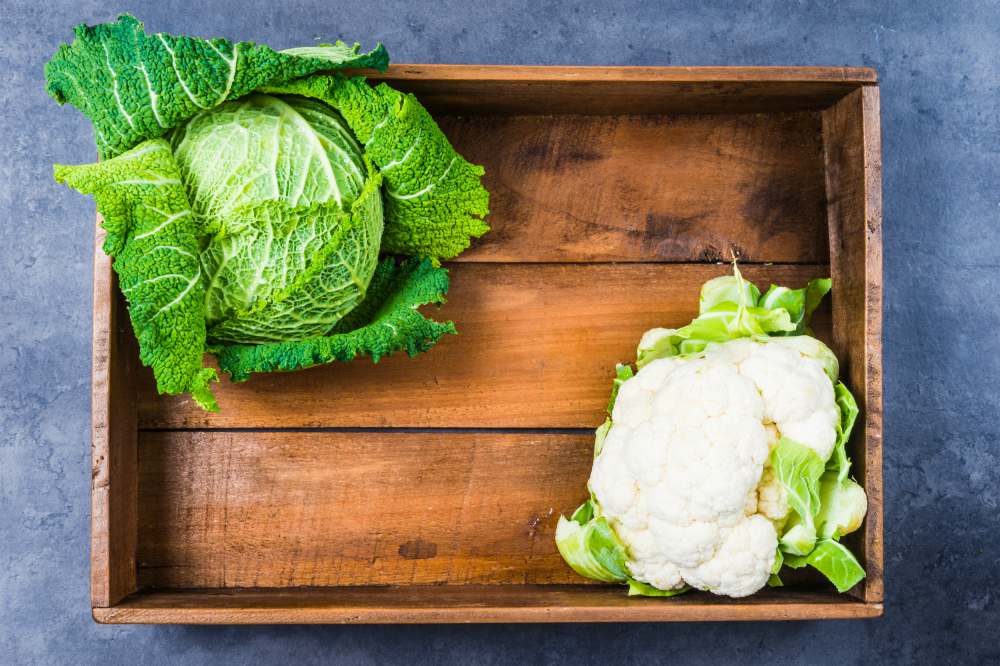
Here are some additional tips for successfully incorporating companion plants into your brussel sprout garden:
- Rotate companion plants each year to avoid depleting the same nutrients in the soil.
- Incorporate a variety of companion plants to attract different beneficial insects and provide a diverse range of nutrients to the soil.
- Consider intercropping, where you plant different types of crops together in the same area, to maximize space and benefits for your garden.
FAQs about Brussel Sprout Companion Plants
Can I plant my brussel sprouts near other cruciferous vegetables?
Yes, you can plant your brussel sprouts near other cruciferous vegetables like broccoli or cauliflower. They have similar nutrient needs and can benefit from having companion plants nearby.
Can I use herbs as companion plants for brussel sprouts in containers?
Yes, herbs can also serve as companion plants for brussel sprouts in container gardens. Make sure to plant them close enough to your brussel sprouts that they can have a positive impact on pest control and pollination.
How many companion plants should I use for my brussel sprouts?
The number of companion plants you use will depend on the size of your garden and the specific needs of your brussel sprouts. Start with a few different types and see how your plants respond. You can always add more or switch out companion plants if needed.
Can I use cover crops as companion plants for brussel sprouts?
Yes, cover crops like clover or ryegrass can serve as living mulch and add nutrients to the soil, making them excellent companion plants for brussel sprouts.
Can I use companion plants for indoor brussel sprouts?
Yes, you can use companion plants for indoor brussel sprouts as well. Choose plants that work well in low light conditions and are not too large for your container.
Conclusion: Growing Brussel Sprouts with Companion Plants is a Win-Win
In conclusion, using companion plants for your brussel sprouts can have numerous benefits for both your garden and your crops. Not only do they help to control pests and attract beneficial insects, but they also improve soil health and fertility. By choosing the right companion plants and incorporating them into your garden with proper planning and care, you can maximize the productivity of your brussel sprouts and create a beautiful and diverse garden space. So why not give it a try and see the results for yourself? Happy planting!

